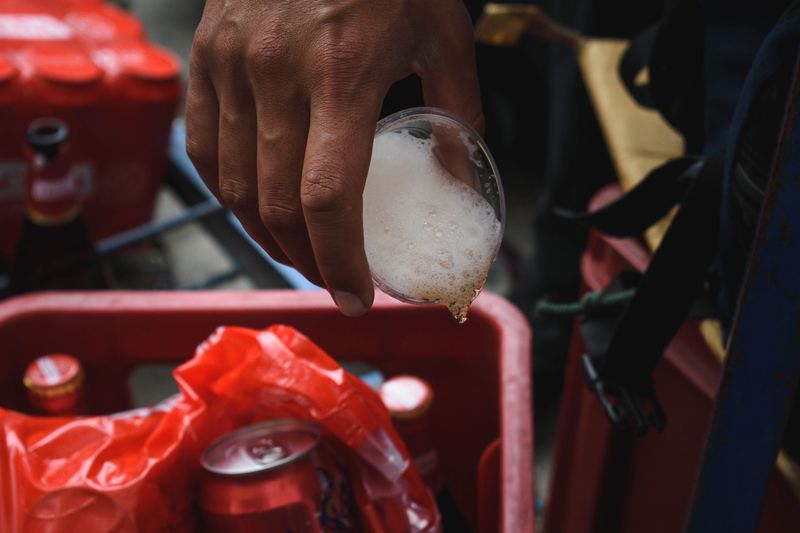How does reciprocity move across lands and the commitments of Indigenous peoples? What forms of care and attention can it generate? Can reciprocity endure in quiet but meaningful ways?
Join Amina Lalor, Tin Ayala, and Ivana Molina Apaza as they discuss the projects they have undertaken through the CCA’s 2024-2025 Indigenous-led design Fellowship Program. From Lalor’s efforts to deepen her exploration of architectural pedagogy in N’Swakamok (Sudbury, Canada) to the work of the multidisciplinary research collective El Alto Aesthetics, of which Ayala and Molina Apaza are members, that performs new modes of community economy with Aymara communities (El Alto, Bolivia), the fellows will enter into conversation on how reciprocity requires time, intention, and a willingness to recognize how new forms of Indigeneity overflow easy definition. Rather, they ask for an engagement with overlapping urban and rural realities, as well as new forms of recognition for an Indigeneity in between specific land-based identities.
This event is free and open to the public, but space is limited, so registration is required. Admission to the museum is included with your registration.
Amina Lalor (she/her/elle) is an assistant professor at the Laurentian University McEwen School of Architecture in N’Swakamok (Sudbury). Raised in Tkaronto, she is mixed Vietnamese, Irish, and Red River Métis. Amina is involved in two ongoing research projects connected to the University of Guelph: “Nokom’s House,” a community-engaged and land-based research lab,and “Where the Rivers Meet: Decolonizing Place Narratives in the City,” a project that strives to challenge the settler-colonial erasure of Indigenous presence in Guelph. Her continued research explores the meaning of practising architecture “in a good way” on Indigenous lands within a violently imposed settler-colonial context.
Ivana Molina Apaza (b. 1993, Bolivia) is a sociologist and researcher based in El Alto. Her work explores the tensions between popular and academic cultures, focusing on the differences between oral and written traditions, as well as between collectively created cultural expressions and those attributed to individual authors. She has received national recognition, winning the “Nuestra Historia desde Miradas Jóvenes” and “Mujeres en Nuestra Historia” essay contests. Molina Apaza has been a research assistant at IDIS-UMSA, a UMSA fellow at the AUGM 2022 Young Researchers Conference, and an affiliated researcher at MUSEF’s 2023 Annual Ethnology Meeting.
Tin Ayala (b. 1998, Andes, in territory currently occupied by Ecuador) examines Andean postcolonial responses, based on the “Cholo” (word of Indigenous origin used during the colonial period to categorize descendants of Indigenous and Spanish people) as a border identity capable of resignifying colonial notions of race. Their work employs abigarramiento as a methodology to create tools for celebrations, transforming colonial lamentation into acts of cultural empowerment. A fundamental aspect of their practice involves direct actions in collaboration with El Alto Aesthetics, a transdisciplinary collective based in El Alto, Bolivia.
El Alto Aesthetics (EAAE) is a multidisciplinary collective based in El Alto, Bolivia. EAAE create spaces for the visual, social and economic analysis of the aesthetics developed in the region. Founded in 2022, the collective functions as a platform to organize debates, fanzines, parties, and exhibitions, fostering critical thinking of Andean culture. With 17 members from diverse disciplines, EAAE bridges academia, activism, and artistic practice, cultivating collaboration and propositions that resonate with the local context. Members of the collective: Alexis Argüello, Arbol Ruiz, Cristal Rojas, Fher Masi, Gabriel Condori, Ivana Molina Apaza, Luli Micelio, Maria Fernanda Cáceres, Mario Coraite, Noemi Gonzales, Pamela Vizcarra, Pedro Aliaga, Samuel Hilari, Santos Miranda, Tin Ayala, and Wendy Hilari.






